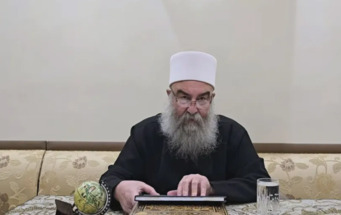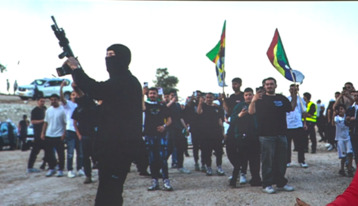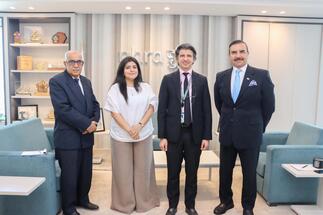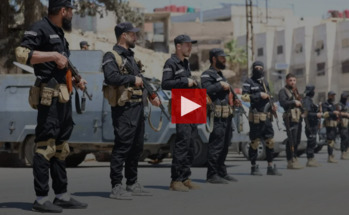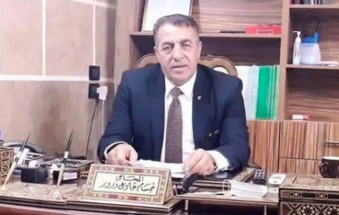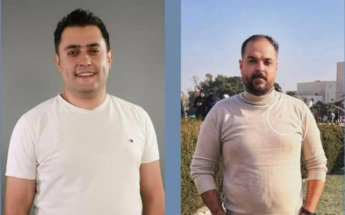-
With Iranian Commander's Funeral, Tears of Quds Force Leader End Speculations About His Fate
-
The timing of Qa'ani's appearance after weeks of absence raises questions about the real reasons behind his disappearance, and whether it was related to secret military movements or heightened securit
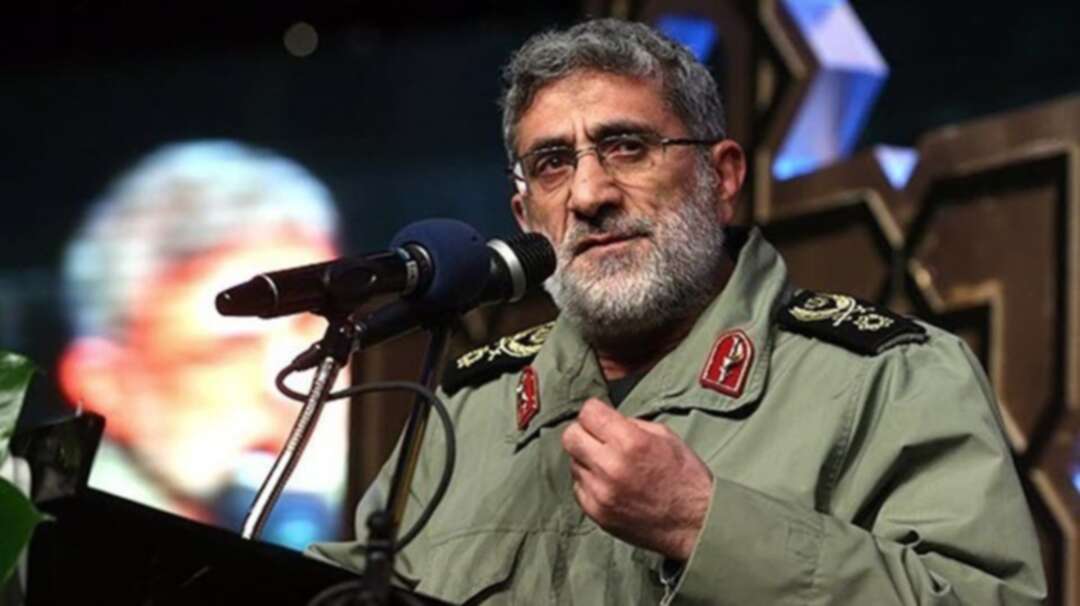
Tuesday witnessed the return of Esmail Qa'ani, commander of the Quds Force, to the spotlight after weeks of absence that sparked widespread controversy. Qa'ani appeared during the funeral ceremony of General Abbas Nilforooshan, a prominent leader in Iran's Revolutionary Guard, who was killed last month alongside Hezbollah Secretary-General Hassan Nasrallah in Israeli raids targeting the southern suburb of Beirut.
Iranian state television broadcast the funeral proceedings live, showing Qa'ani visibly affected. Footage captured the Iranian commander covering his face and wiping away tears while listening to religious hymns, which sparked widespread reactions among Iranians on social media platforms.
It's worth noting that the Revolutionary Guard had repeatedly confirmed in recent days that Qa'ani, 67, was in good health and continuing his duties as usual. These confirmations came amid numerous speculations about Qa'ani's fate, especially since his last public appearance was in late September 2024.
The intensity of speculations increased after two senior Iranian security officials told Reuters last week that contact had been lost with Qa'ani since the strikes targeting Beirut in late September.
Qa'ani's last documented appearance was on September 29, two days after Nasrallah's assassination, when he visited the office of Hezbollah's representative in Tehran, Abdullah Safi al-Din, brother of the party's executive body chairman Hashem Safi al-Din. However, his notable absence from Supreme Leader Ali Khamenei's sermon last Friday (October 4), which was held to commemorate Nasrallah, raised more questions about his status.
This public appearance of Qa'ani comes at a sensitive time, as Iran seeks to demonstrate the continuity of its military leadership amid escalating tensions with Israel. It also raises questions about the real reasons behind his long absence, and whether there were hidden strategic movements that could affect the regional scene in the near future.
Levant-Agencies
You May Also Like
Popular Posts
Caricature
BENEFIT Sponsors BuildHer...
- April 23, 2025
BENEFIT, the Kingdom’s innovator and leading company in Fintech and electronic financial transactions service, has sponsored the BuildHer CityHack 2025 Hackathon, a two-day event spearheaded by the College of Engineering and Technology at the Royal University for Women (RUW).
Aimed at secondary school students, the event brought together a distinguished group of academic professionals and technology experts to mentor and inspire young participants.
More than 100 high school students from across the Kingdom of Bahrain took part in the hackathon, which featured an intensive programme of training workshops and hands-on sessions. These activities were tailored to enhance participants’ critical thinking, collaborative problem-solving, and team-building capabilities, while also encouraging the development of practical and sustainable solutions to contemporary challenges using modern technological tools.
BENEFIT’s Chief Executive Mr. Abdulwahed AlJanahi, commented: “Our support for this educational hackathon reflects our long-term strategic vision to nurture the talents of emerging national youth and empower the next generation of accomplished female leaders in technology. By fostering creativity and innovation, we aim to contribute meaningfully to Bahrain’s comprehensive development goals and align with the aspirations outlined in the Kingdom’s Vision 2030—an ambition in which BENEFIT plays a central role.”
Professor Riyadh Yousif Hamzah, President of the Royal University for Women, commented: “This initiative reflects our commitment to advancing women in STEM fields. We're cultivating a generation of creative, solution-driven female leaders who will drive national development. Our partnership with BENEFIT exemplifies the powerful synergy between academia and private sector in supporting educational innovation.”
Hanan Abdulla Hasan, Senior Manager, PR & Communication at BENEFIT, said: “We are honoured to collaborate with RUW in supporting this remarkable technology-focused event. It highlights our commitment to social responsibility, and our ongoing efforts to enhance the digital and innovation capabilities of young Bahraini women and foster their ability to harness technological tools in the service of a smarter, more sustainable future.”
For his part, Dr. Humam ElAgha, Acting Dean of the College of Engineering and Technology at the University, said: “BuildHer CityHack 2025 embodies our hands-on approach to education. By tackling real-world problems through creative thinking and sustainable solutions, we're preparing women to thrive in the knowledge economy – a cornerstone of the University's vision.”
opinion
Report
ads
Newsletter
Subscribe to our mailing list to get the new updates!

